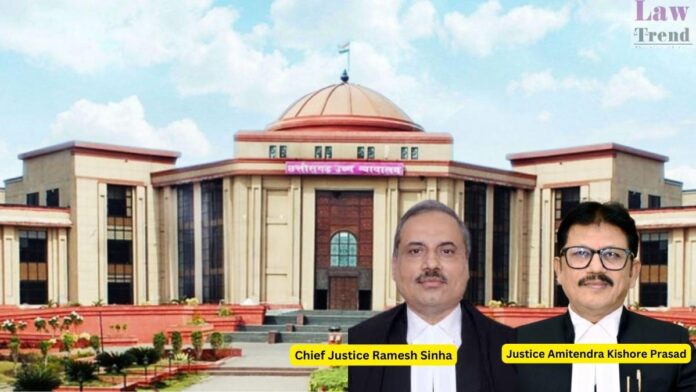In a significant step addressing concerns over the quality of mid-day meals in government schools, the Chhattisgarh High Court took suo motu cognizance of alarming reports regarding the meal standards for schoolchildren in Bilaspur. The court registered this Public Interest Litigation (PIL) under WPPIL No. 94 of 2024, prompted by a local news article detailing
To Read More Please Subscribe to VIP Membership for Unlimited Access to All the Articles, Download Available Copies of Judgments/Order, Acess to Central/State Bare Acts, Advertisement Free Content, Access to More than 4000 Legal Drafts( Readymade Editable Formats of Suits, Petitions, Writs, Legal Notices, Divorce Petitions, 138 Notices, Bail Applications etc.) in Hindi and English.




